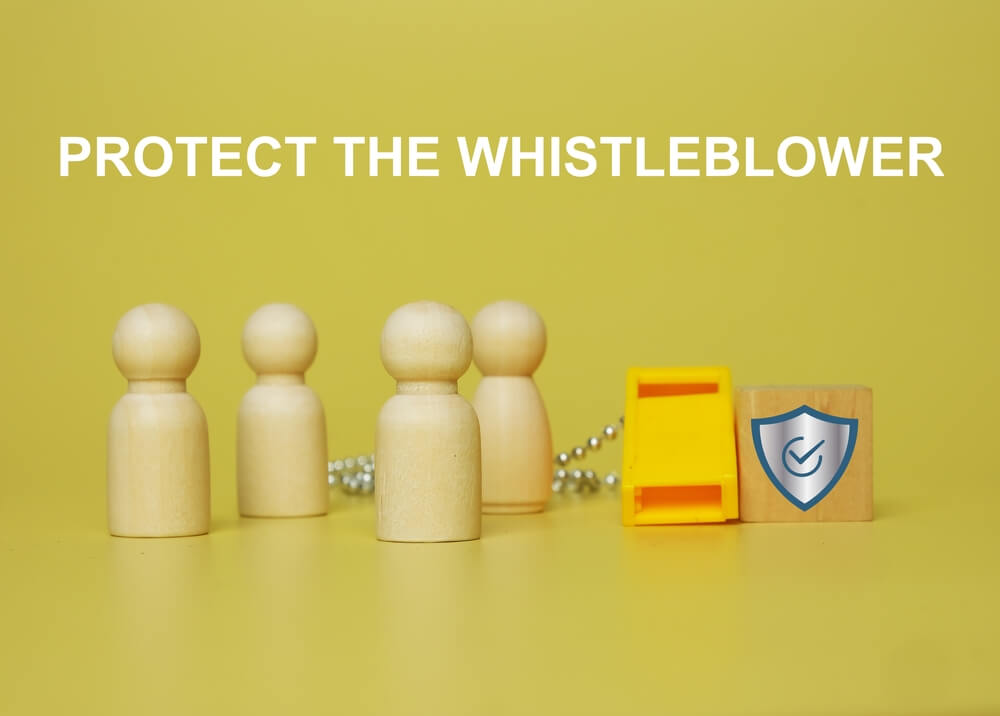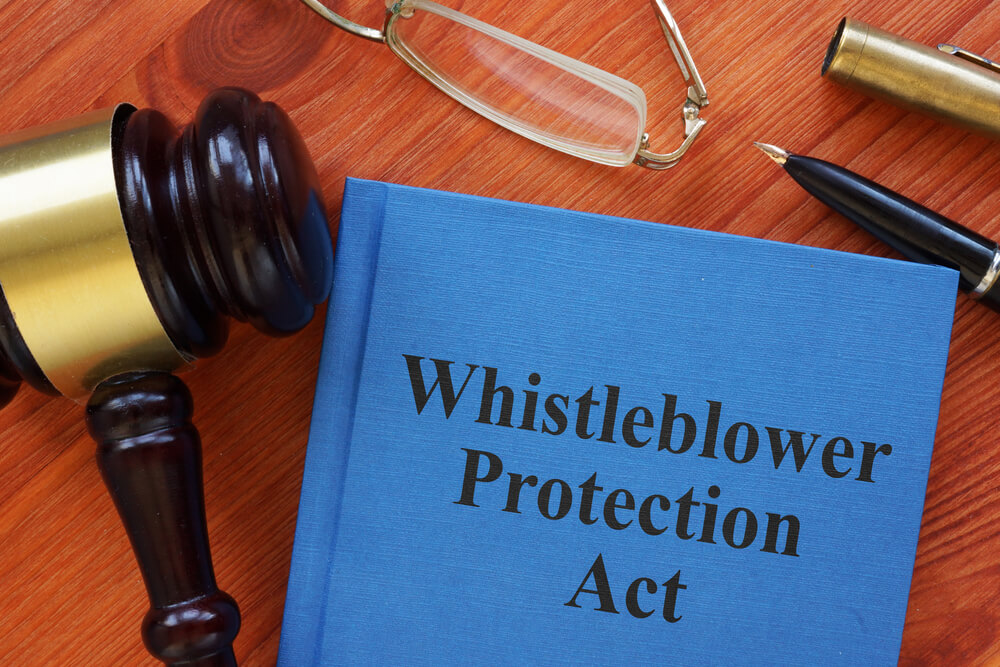Minnesota law provides protections for whistleblowers who report violations of state or federal law. These protections are designed to encourage individuals to report illegal activity without any fear of retaliation from their employers. Here’s a closer look at what you should know about the legal protections for whistleblowers in the state of Minnesota.
What Is a Whistleblower?
A whistleblower is an individual who reports and exposes illegal, unethical, or unsafe practices within an organization, usually a company or government agency. Whistleblowers often risk their careers and personal safety by coming forward with this information, and they may face retaliation from their employers or colleagues.
Whistleblowers may report many different types of misconduct, including fraud, corruption, discrimination, safety violations, or environmental violations. They can make their report internally to a supervisor or company compliance officer, or they can report the misconduct to an outside entity, such as a government regulator or law enforcement agency.
Whistleblowers play an important role in exposing wrongdoing and holding individuals and organizations accountable for their actions. In many cases, whistleblowers have helped to uncover large-scale fraud or corruption, resulting in significant legal and financial penalties for the individuals and companies involved.
Unfortunately, whistleblowers often face significant risks and challenges, including the possibility of retaliation from their employers, damage to their career prospects, and personal safety concerns. Many laws have been passed to protect whistleblowers from retaliation, and some jurisdictions have established whistleblower reward programs to encourage individuals to come forward with information about fraud or other misconduct.
Minnesota Whistleblower Act
The Minnesota Whistleblower Act (MWA) is a state law that provides legal protections to employees who report that their employer has committed, or is planning to commit, violations of law. The MWA applies to both private and public employers and is designed to encourage employees to come forward with information about illegal or unethical practices without fear of retaliation.
Under the Minnesota Whistleblower Act, an employer is prohibited from taking any adverse employment actions against an employee for engaging in protected activity, which includes reporting a violation of law, rule, or regulation, refusing to participate in an illegal activity, or cooperating with a law enforcement investigation.
If an employer retaliates against an employee for engaging in any type of protected activity, the employee may file a lawsuit seeking damages, including reinstatement, back pay, and compensation for emotional distress.
Protection Against Retaliation for Whistleblowers in Minnesota
In addition to the Whistleblower Act, Minnesota has other laws that protect whistleblowers in specific industries. For example, the Minnesota Occupational Safety and Health Act (MOSHA) provides protection for employees who report safety violations in the workplace. Similarly, the Minnesota Human Rights Act (MHRA) provides protection for employees who report discrimination or harassment in the workplace.
Protection against employer retaliation is critical legal protection for employees who report illegal or unethical practices in the workplace.
What To Do If You Face Retaliation As a Whistleblower

Minnesota provides strong legal protections for whistleblowers. Employees who have been retaliated against should immediately consult with an experienced employment attorney to understand their legal rights and options.
If you want to learn more about the laws in place to protect whistleblowers in Minnesota, contact our team today to speak with one of our experienced lawyers.



